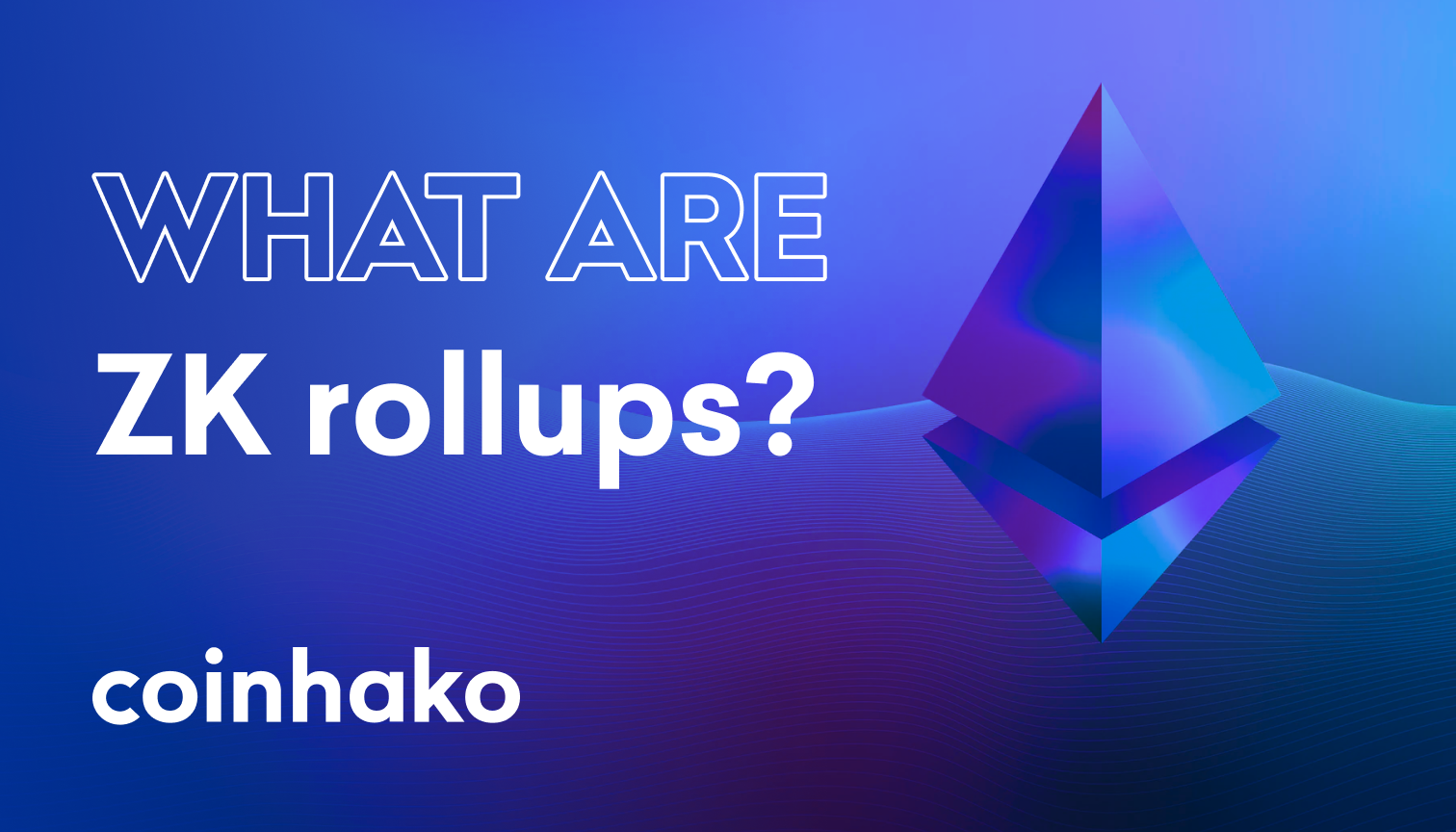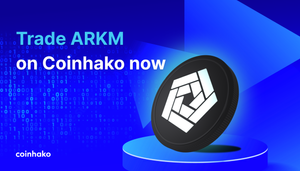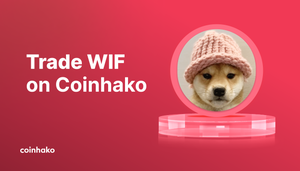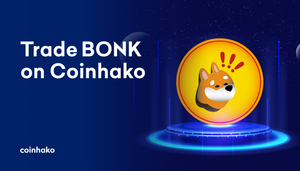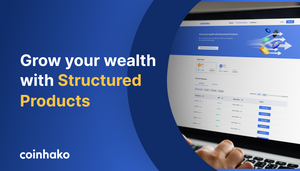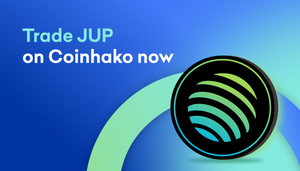The word outsource has taken up somewhat of a dirty connotation in recent years, with most people associating it with shady company practices and sweatshops. Some may find this development ironic, considering that asking for help when faced with difficult situations is a quality we encourage in most people.
But what happens when the outsourcing is done with technology — machines and software built for the singular purpose of easing workload doesn’t sound as bad, at least until robots take over the world Skynet style. Until then, these solutions appear to be color within the space of ethical and useful — one such solution happens to be ZK roll-ups.
Sign up for a Coinhako account
What is a ZK roll-up?
ZK roll-up, or Zero Knowledge roll-up, is an off-chain protocol designed to reduce the load on a blockchain. ZK-operators bundle transactions into batches that are then executed off-chain and submit a summary of the changes to represent all the transactions in a batch rather than sending each transaction individually. A validity proof is also produced to show that the proposed changes are truly the end-result of executing all the transactions in the batch.
How does a ZK roll-up work?
A ZK-rollup chain operates on top of the Ethereum blockchain and is managed by on-chain smart contracts. ZK-rollups execute transactions outside of Mainnet, but periodically execute off-chain transaction batches to an on-chain rollup contract. This transaction record is immutable and forms the ZK-rollup chain.
While ZK-rollups operate independently, they derive security from Ethereum, specifically, by enforcing the validity of state updates on the ZK-rollup and guaranteeing the availability of data behind every update to the rollup's state. This makes ZK-rollups considerably safer than pure off-chain scaling solutions like sidechains or validiums.
Trade Ethereum in SGD
What projects use ZK roll-ups?
Because reducing load on the blockchain and lowering gas fees are such useful developments, it’s safe to say that many projects within the space are looking to integrate ZK roll-ups.
zkSync
The zkSync project is a trustless scaling solution on the Ethereum network that creates fast and secure transactions on Layer-2. zkSync is powered by the ZK roll-up process but uses an algorithm to secure and certify these transactions instead of a roll-up validator. This gives zkSync many distinct advantages including network efficiency.
Mir Protocol
Mir is a platform for decentralized applications that's powered by zero-knowledge proofs. It supports existing decentralized applications, while providing privacy and reducing state size for validators by 1000x. Mir also scales horizontally, increasing throughput with every node that joins the network without sacrificing security, composability, or decentralization.
Loopring
Loopring is a decentralized protocol that uses zero knowledge proofs, to create faster and cheaper fees while maintaining security. This is the first Ethereum ZK roll-up to exist on the blockchain and it is by far the most popular, harnessing over 2000 transactions per second (TPS).
Loopring has been around since early 2018 and has maintained its popularity over the years. It is powered by the Loopring token, $LRC, which has its own market cap, circulating supply, and is available on centralized and decentralized exchanges.
View LRC prices on Coinhako now
Why should you care about ZK roll-ups?
For starters, because a ZK roll-up allows for transactions to be bundled, fees are much lower than if you were to process them individually. But besides that, using ZK roll-up comes with its fair share of benefits:
Increased security
Because ZK rollups use a trustless cryptographic mechanism, it is more secure compared to the honor system of optimistic rollups. The validity proof of a ZK roll-up authenticates off-chain transactions and prevents wrong changes to Ethereum’s state. Updates to the state of the host blockchains are done by storing compressed data on-chain to ensure security and decentralization.
Faster transactions
The transaction challenge period completes faster as the blockchain only needs to verify validity proofs within the roll-ups. Withdrawal delays are also minimal in ZK roll-ups.
The advent of ZK roll-ups could very well signify the start of bigger things to come, including the mass adoption of blockchain technology — especially seeing as it addresses one of the biggest criticisms of energy consumption and high fees.
Disclaimer: All writers’ opinions are their own and do not constitute financial advice. As a company, we do our best to provide information that is accurate and valuable. The contents of this blog post are intended for educational purposes only. Individuals are advised to perform due diligence before purchasing any cryptocurrencies as these assets are subject to high volatility, and understand the risks associated with trading cryptocurrencies.
👉 Join us on Telegram and Instagram
🤔 For any queries, please reach out to us here, or visit our Help page.
Copyright © Coinhako 2023 All Rights Reserved. Read more on our terms of use of this blog. All opinions expressed here by Coinhako.com are intended for educational purposes, taken from the research and experiences of the writers of the platform, and should not be taken as investment or financial advice.
